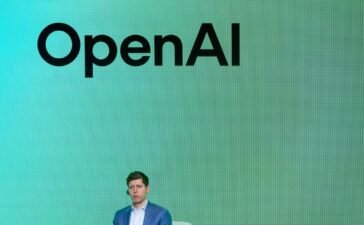OpenAI says it trained a new AI model called GPT-4b micro with Retro Biosciences, a longevity science startup trying to extend the human lifespan by 10 years, according to the MIT Technology Review.
Retro, which is backed by Sam Altman, has been working with OpenAI for roughly a year on this research, according to the report. The GPT-4b micro model tries to re-engineer proteins — a specific set called the Yamanaka factors — that can turn human skin cells into young-seeming stem cells. Retro believes these proteins are a promising step toward building human organs and providing supplies of replacement cells.
The model differs slightly from Google’s Nobel prize-winning AlphaFold, which predicts the shape of proteins, but it appears to be OpenAI’s first model that is custom-built for biological research. OpenAI and Retro tell the MIT Technology Review they plan to release research on the model and its outputs.
You Might Also Like
Chinese marketplace DHgate becomes a top US app as trade war intensifies
The Trump trade war has gone viral on TikTok, pushing a Chinese e-commerce app, DHgate, to the top of the...
Hertz says customers’ personal data and driver’s licenses stolen in data breach
Car rental giant Hertz has begun notifying its customers of a data breach that included their personal information and driver’s...
OpenAI plans to phase out GPT-4.5, its largest-ever AI model, from its API
OpenAI said on Monday that it would soon wind down the availability of GPT-4.5, its largest-ever AI model, via its...
Google’s newest AI model is designed to help study dolphin ‘speech’
Google’s AI research lab, Google DeepMind, says that it has created an AI model that can help decipher dolphin vocalizations,...










